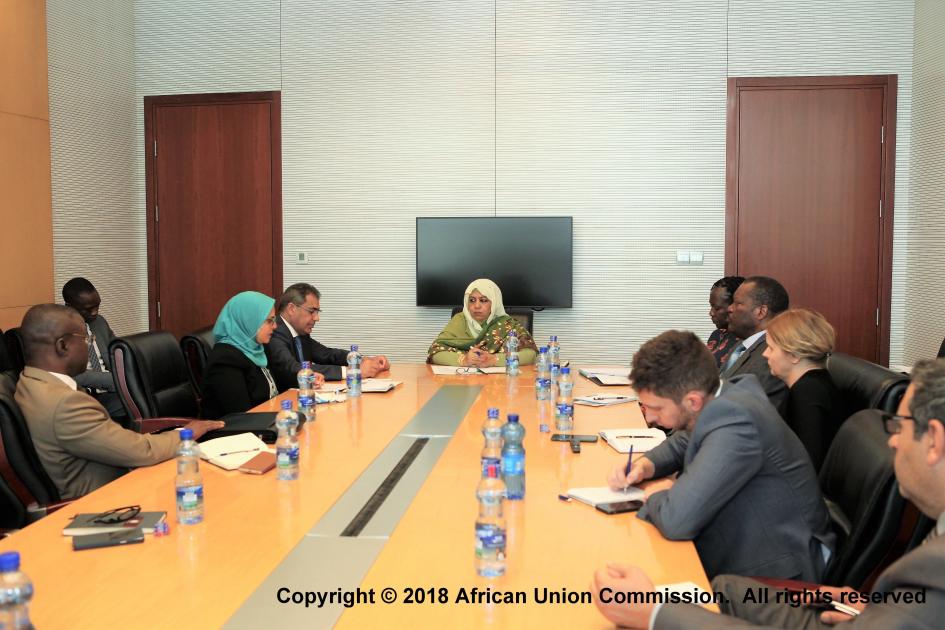Topic Resources
The Africa Migration Report takes a distinctly regional approach to inform knowledge on migration in Africa.
Agenda 2063 is Africa’s development blueprint to achieve inclusive and sustainable socio-economic development over a 50-year period.
EXECUTIVE SUMMARY OF THE AFRICA REGIONAL INTEGRATION REPORT (ARI)
EXECUTIVE SUMMARY











